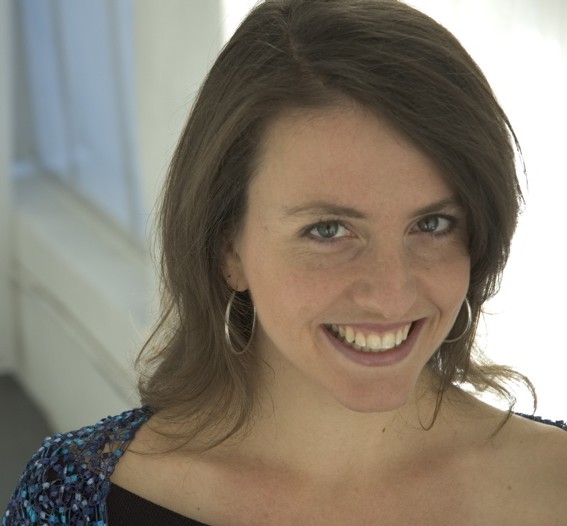
For some time now, I've been following the debate over clinical trials of a blood substitute called
Polyheme, which was designed by a company called Northfield to use in trauma cases instead of human blood. To get this product out to market, it has to be tested on humans to see if it's safe and effective. The problem is, getting informed consent for that is impossible: When a person shows up hemorrhaging in an emergency room, they're in no condition to understand and consent to the potential risks of a study like this. But since the mid-90s, the FDA has allowed clinical trials of various things (including antidotes to potential biological warfare) without informed consent, if informed consent is "unfeasable" to get.
So, for the last two years -- without consent -- patients in emergency rooms around the country (including Chicago, Denver, San Diego) have been getting this blood substitute instead of real blood to test the product's effectiveness. Technically, patients
can say they don't want this research done on them, but to do so they have to
get and wear an opt-out bracelet, which tells people in emergency rooms that they want real blood instead. The problem is, if you want one of these bracelets, you have to know the study is happening
before you go to the emergency room. Today,
a Chicago Tribune article lays out some of the ethical concerns well:
"Medical ethicists and community leaders in some areas of the country where Northfield has been testing its product for the last year have said the process does not allow for enough community input. In some cases, ethicists have complained those running the trials have placed tiny legal ads in newspapers that resulted in town meetings attended by only a few people ... some critics of Northfield's trial have gone so far as to say the research protocol is racist because the testing is done in and around inner-city hospitals, and potential test subjects would have little way of knowing they could become part of a clinical trial. The San Diego Reader, a weekly newspaper, in July reported that Polyheme was being tested only on trauma patients too ill to consent in downtown San Diego and three minority neighborhoods.
In a January letter to Illinois congressional leaders, a Chicago-area surgeon involved in clinical trials, Dr. Raymond Pollak, compared Northfield's trial to the Tuskegee syphilis experiment--a 40-year clinical study in which African-American men with syphilis went untreated by government doctors. "The Tuskegee experiment ... is a painful reminder of the potential for the harm that can come from the unethical conduct of human experimental clinical trials," said Pollak, a former University of Illinois professor and current head of clinical trials at Edward Hospital in Naperville. "I believe that similar concerns have now emerged in regard to an ongoing clinical trial being conducted by Northfield Laboratories, with the tacit approval of the FDA.
The makers of Polyheme were, not surprisingly,
unhappy about the recent bad press (They make a point in their press release to say that Polyheme is a promising treatment for people with sickle cell anemia, which African Americans suffer from disproportionatly -- surely an oblique (and inadequate) response to the accusations of racism and comparisons to Tuskegee?).
This case is disturbing on many levels. Of course, it's very important for science to advance, and for new therapeutics like this to be developed -- Polyheme could solve blood shortage problems and eliminate the need for blood-type-matching -- but we have endless historical examples illustrating precisely why this should only happen with full consent and disclosure to the public. There are ways to inform the communities surrounding the hospital so they (a) know this trial is happening, and (b) can exercise their legal right to opt-out if they don't want to participate (federal law mandates that all people be given that right). At this point, this doesn't seem to be happening. [It's also not clear that it will be enough if it does happen] This is precisely how we end up with
Tuskegee-like problems in the first place. Which is why the researchers involved in this trial (and the FDA) should take the issue of consent very seriously and devise ways to move forward without violating people's right to not be used as research subjects.
[A side note: I've been off line lately because every waking moment (and most sleeping moments) have been consumed by a big story I just finished for the
New York Times Magazine (it will be on the cover of the magazine in a few weeks -- I'll post more about it then). In the meantime, I have a huge backlog of things to post about ...]
Labels: Bioethics: General, Research Ethics, Science and Risk, Science News
 An update: Perhaps not coincidentally, moments after I got the press release I mentioned in my previous post, I got a second press release announcing the results of a multi-institutional study (of more than 1800 heart bypass patients), which failed to prove that prayers have healing power. A group of Catholics and Protestants did the study's praying -- they received the names of patients, and specific prayers to say for them immediately before surgery and for two weeks post-op.
An update: Perhaps not coincidentally, moments after I got the press release I mentioned in my previous post, I got a second press release announcing the results of a multi-institutional study (of more than 1800 heart bypass patients), which failed to prove that prayers have healing power. A group of Catholics and Protestants did the study's praying -- they received the names of patients, and specific prayers to say for them immediately before surgery and for two weeks post-op.




